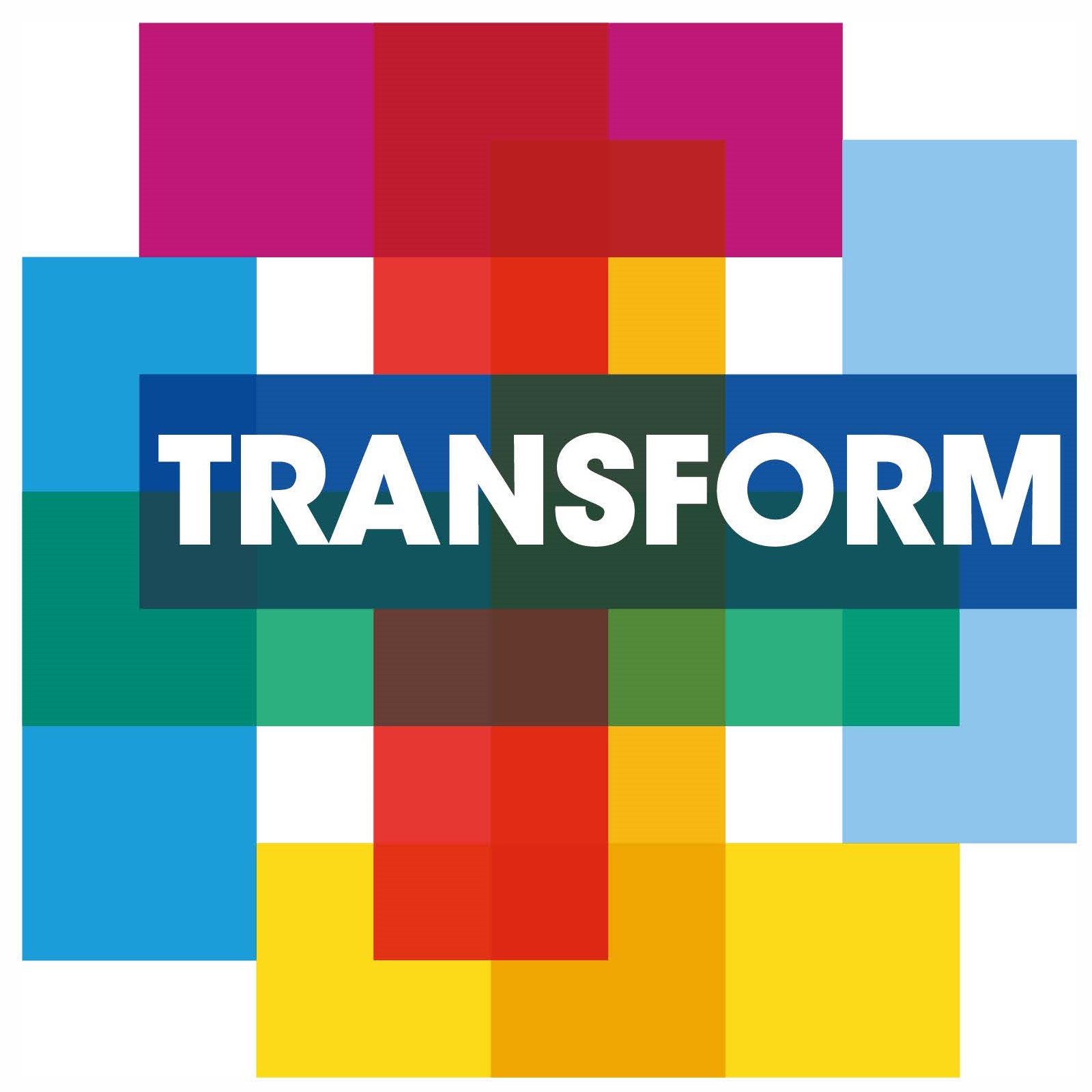Portfolio Learnings: Sunlight Water Centres
Published on: 16/12/2020
In the Portfolio Learnings series, TRANSFORM has been revisiting some of the projects in its portfolio, more recently those whose main focus is providing thousands of underserved households with access to safe sanitation. Also aligned with Sustainable Development Goal 6, but this time with a focus on water, we look at the lessons of Sunlight Water Centres.
With the purpose of creating sustainable water access for communities in Nigeria, Sunlight Water Centres integrate a solar-powered bore hole that pumps clean water with a kiosk selling consumer goods and services. Each centre is owned and operated by a female entrepreneur.
More than clean water
The Sunlight Water Centre (SWC) was developed primarily to provide access to clean, affordable and accessible household water for communities in Nigeria, where more than 30% of the population lacks access to improved water sources.
TRANSFORM sought to address the challenge of ownership and accountability of the water boreholes by creating a ’water and retail kiosk’. As well as producing, storing and selling clean water at affordable rates, the SWCs are also retail centres. Along with other everyday products, including food and toiletries, they provide services like mobile phone charging and mobile banking.
Each centre is run by a female entrepreneur, which enables them to earn an income – an estimated combined annual income of $26,000 – and become ambassadors for behaviour change in their community. As owners-operators, it is also an incentive to maintain the borehole.
Since the project’s launch in 2014, there are now 16 SWC across Nigeria. It is estimated that the project benefits almost 30,000 Nigerians, generating more than $170,000 of economic benefits annually.
The scalability challenge
The SWC project has seen excellent progress, but it is yet to achieve the ‘scalable’ target set in its ambitious business model. The organisers believe this is due to several interlocking factors, which include:
- Water price is the primary determinant, and consumers are unwilling to pay a premium for water for household uses.
- Unilever’s hypothesis on role of product sales is accurate but insufficient, although it is close to the forecasted business model.
- The capacity gap of the female entrepreneurs provides an additional challenge; they must have the right attitude and drive to make the centres work.
- Incremental efforts to de-cost the capital required for a SWC have not been enough.
Despite these issues, the vision underpinning the SWC model is accurate. Although the SWCs have not yet reached the scalable benchmark, they are performing better than other Safe Water Enterprises and are indeed providing thousands of people with clean water in a sustainable way.
The plan is to build 1,000 SWCs in Nigeria and reach 2 million individuals. To reach this benchmark, TechnosServe recommends adapting the model to increase the profitability of centres, such as de-costing or relaxing some of the criteria around the target market and/or type of entrepreneur.
For further details on the projects supported by TRANSFORM, such as Sanergy and ENVenture, please follow our Portfolio Learnings series or take a look at Our Portfolio.
-
 Insights
Insights
Related impact stories
- Supporting mothers through the pandemic
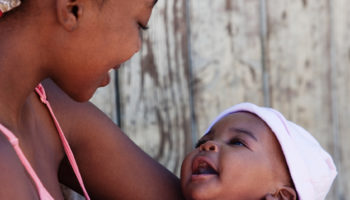 ActiveBliss Group is pivoting to support mums and babies during the COVID-19 pandemic.Entrepreneur impact story: Bilikiss Adebiyi-Abiola, founder of Wecyclers, Lagos, Nigeria
ActiveBliss Group is pivoting to support mums and babies during the COVID-19 pandemic.Entrepreneur impact story: Bilikiss Adebiyi-Abiola, founder of Wecyclers, Lagos, Nigeria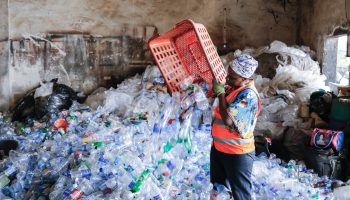
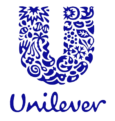
 Waste-Free World
Waste-Free World
Ensuring access to crucial healthcare information and products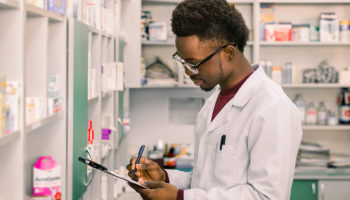
 NaijaCare will equip PPMVs in Lagos with the information and resources they need to serve their communities through the pandemic.
NaijaCare will equip PPMVs in Lagos with the information and resources they need to serve their communities through the pandemic.
